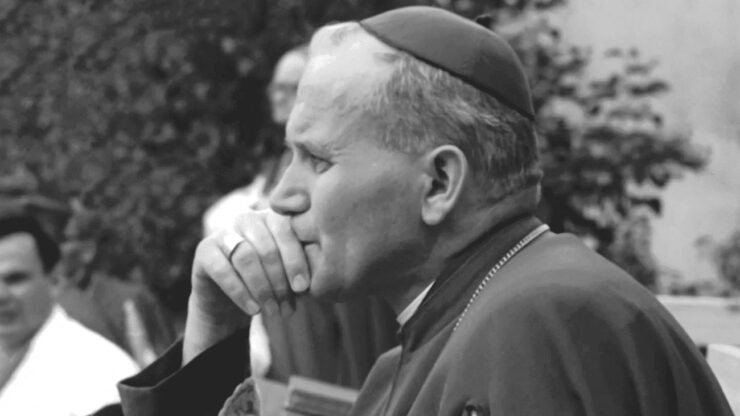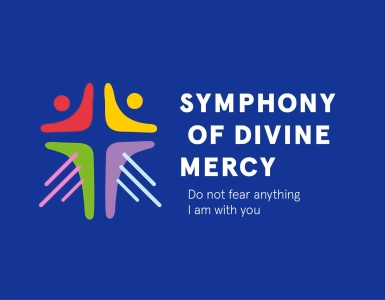When the Vatican Council began on October 11, 1962, Karol Wojtyła had one of the last sits in the hall. A few months earlier, he was elected as the Vicar Capitular and the interim Administrator of the Archdiocese of Cracow. He was also still appointed as the Auxiliary Bishop. That’s why he was placed towards the end of the hall, near the entrance to St. Peter’s Basilica, but that place was also very good to see and hear. Besides, first and foremost, at the first session he wanted to listen and learn.
From the very beginning, the young Bishop did not hide his enthusiasm for the initiative of John XXIII. He was not afraid of the novelty. Karol Wojtyła was convinced of the need to address some issues especially related to the ecumenism, the renewal of the liturgy, as well as the more active participation of the layman in the life of the Church. The last issue was very important to him, as two lay people, his father and catechist – Jan Tyranowski, in a special way influenced his education in faith. He believed that the priest has a service role towards the laity and that it was the lay people who, together with the priests, formed the Church of Christ.
Starting from October 11, 1962, the Vatican Council seemed to be an uninterrupted lesson in deepening the faith and confronting pastoral problems. Bishop Wojtyła wanted the entire diocese to live in the spirit of the Vatican Council’s work, so he maintained contact with priests and seminarians. He tried to make people of culture and science to be interested in it. He was informing them about the issues raised and the content of the documents. Thanks to this, in Cracow we were aware of what was going on in Rome. At the same time, the Vatican Council provided an opportunity to exchange pastoral and social experiences, to learn about new directions of theological thought, and to meet outstanding scientists and experts.
Cardinal Stanisław Dziwisz – “Testimony”
TBA Publisher, Warszawa 2007





